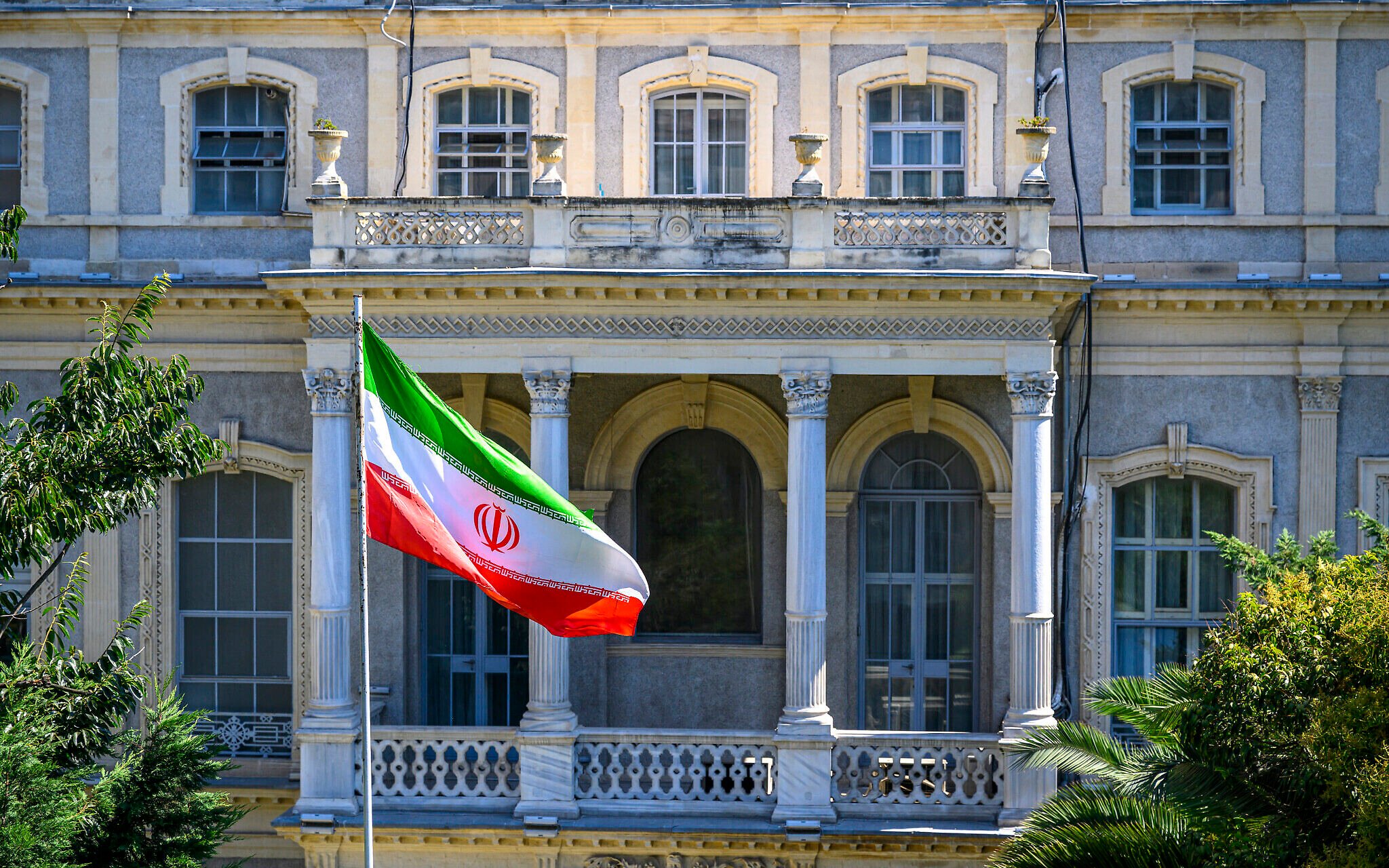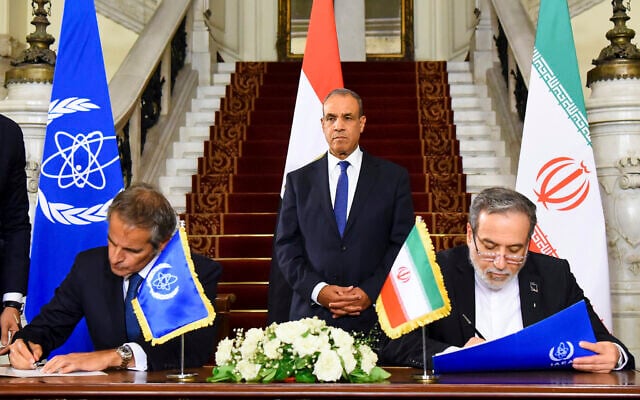


PARIS/DUBAI (Reuters) — Iranian and European ministers made little progress in talks on Wednesday aimed at preventing international sanctions on Tehran over its nuclear program being reimposed at the end of this month, said three diplomats, two from Europe and one from Iran.
Britain, France and Germany, the so-called E3, launched a 30-day process at the end of August to reimpose UN sanctions. They set conditions for Tehran to meet during September to convince them to delay the “snapback mechanism.”
The offer by the E3 to put off the snapback for up to six months to enable serious negotiations is conditional on Iran engaging in talks with the US and restoring access for UN nuclear inspectors — who would also seek to account for Iran’s large stock of enriched uranium.
The status of Iran’s enriched uranium stocks has been unknown since Israel and the US bombed Iranian nuclear sites during a 12-day war in June.
Wednesday’s phone call between the E3 foreign ministers, the European Union foreign policy chief, and their Iranian counterpart followed an agreement between Iran and the International Atomic Energy Agency last week on resuming cooperation, including, in principle, the inspection of nuclear sites.
Several Western diplomats have said, however, that the accord is not detailed enough, sets no timeframe, and leaves the door open for Iran to continue stonewalling.
There has also been no indication of a willingness from Iran to resume talks with Washington following the US attack on its nuclear facilities. Iran says it is still refining how it will work with the IAEA.
In the call, Iran’s Foreign Minister Abbas Araghchi expressed willingness to reach a “fair and balanced” solution, according to a statement on Iranian state media on Wednesday.
“The Islamic Republic of Iran has entered into dialogue with the International Atomic Energy Agency with a responsible approach… on how Iran will fulfill its safeguards obligations in the new situation… It is now the turn of the opposing parties to use this opportunity to continue the diplomatic path and prevent an avoidable crisis,” Araghchi said.
Germany’s Foreign Ministry said on X that the E3 had “underscored that Iran has yet to take the reasonable and precise actions necessary to reach an extension of Resolution 2231,” adding that sanctions would be reimposed unless there were “concrete actions in the coming days.”
The sanctions would hit Iran’s financial, banking, hydrocarbons and defense sectors.
Four European diplomats and an Iranian official said before the call that the most likely scenario would be the E3 going ahead with a reimposition of sanctions.
An Iranian diplomat said Tehran had reiterated that it would retaliate if the decision to restore UN sanctions was made.
“The understanding in Tehran is that the UN sanctions will be reimposed. That is why Tehran refuses to give concessions,” an Iranian official said.
Times of Israel staff contributed to this report.


